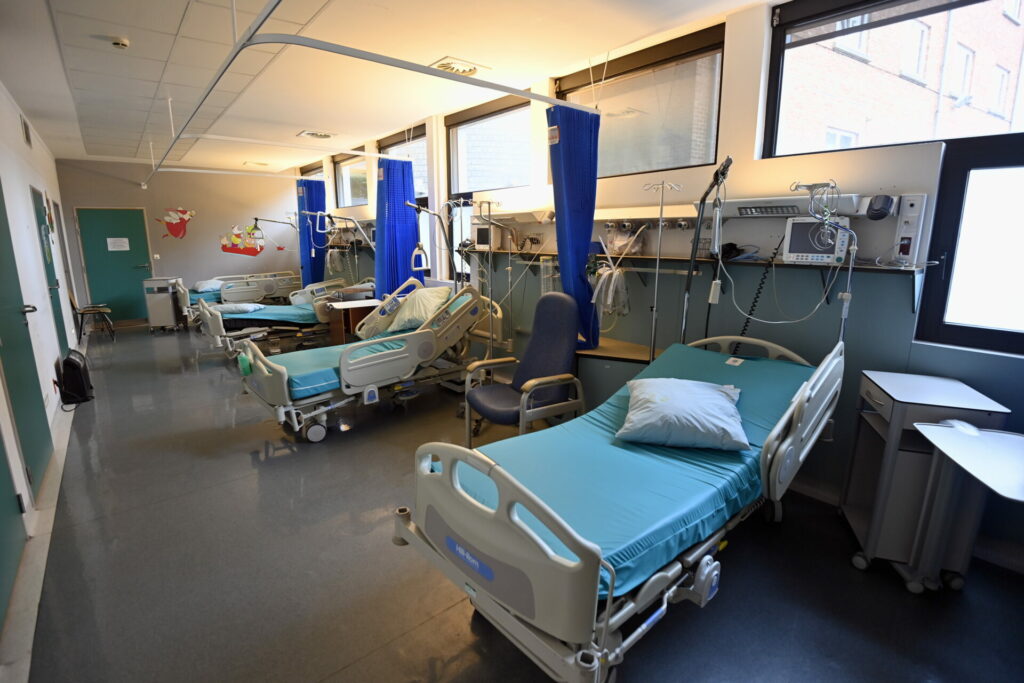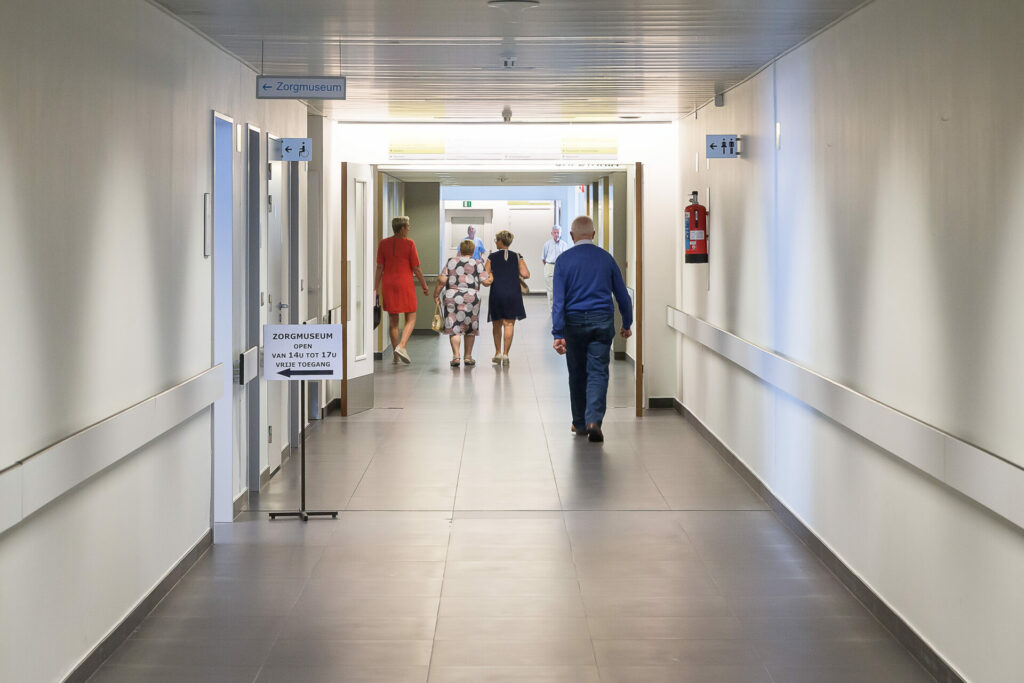Patients often wrongly pay supplementary costs for materials in Flemish hospitals, according to a survey of 15 hospitals by health insurance fund Solidaris. They are normally not allowed to charge extra for medical care material, but it often happens – violating patients' rights.
Healthcare products, medical goods, small instruments and dressings are normally included in the regular funding of hospitals, meaning they are not allowed to be charged to patients. Hospitals that do pass on material supplements to patients get paid twice for the same thing.
"Hospitals must stop charging unjustified material supplements," said Solidaris' general secretary Paul Callewaert in a press release. "Additionally, we ask that they urgently update their price lists. These should not only be complete and up-to-date, but also clear for the patient."
Solidaris also demands "reasonable prices" for materials that can be charged to the patient. "Surely hospitals cannot be allowed to make a profit on pyjamas and toothbrushes? Patients should be given a choice of whether to purchase these through the hospital."
Small costs, large bill
To have as representative a sample as possible, Solidaris selected three hospitals selected per province: a large one, a medium one and a small one.
Wound suturing material for €21.90, needles for €5.50 or a wound dressing for €3.50 are some examples of material supplements that hospitals charge unfairly – even though hospitals already receive subsidies for medical care materials.
As the amounts involved are often small, many patients do not question the bill much. "But when you add it up, it does lead to an important source of income for hospitals," said Callewaert.
Hospitals are allowed to charge for supplements if they give that medical equipment home with the patient; if you are sent home with an extra bandage after your hospital visit, you will have to pay for it.

Credit: Eric Lalmand/Belga.
Products that, strictly speaking, do not fall within the scope of healthcare can also be charged for: shampoo, a toothbrush or pyjamas, for example. If patients use these items, or take them home, the hospital will charge for them.
However, Solidaris' sample shows that the prices can vary very widely between hospitals: in one hospital, a pair of crutches costs €10, in another €25.
Every hospital is obliged to publish a price list detailing all material supplements it charges, but Solidaris found that these price lists are not clear, complete or up-to-date in a lot of cases.
"We also demand reasonable prices for materials that can be charged to patients," Callewaert said. "Surely hospitals cannot be allowed to make a profit on pyjamas and toothbrushes? Patients should be given a choice whether to purchase these through the hospital."
Related News
- Belgian hospitals could prevent over 4,000 deaths per year, study suggests
- Belgium takes steps to help thousands of women suffering from endometriosis
- Specialised centre for children with cancer could be opened in Brussels
Solidaris stressed that in a lot of cases, patients can avoid extra supplements. In case of a planned visit, patients can bring all the materials they need, such as pyjamas or toothbrushes, themselves.
"Additionally, you can take a look in advance anyway at what a hospital offers and at what price," Callewaert added. "That way, you can compare the prices with the price you would pay if you were to bring that product in yourself at home."
The health insurance fund also stresses that patients are not obliged to use the products on offer, and are free to refuse them.
"If you do find that there have been charges on your bill that are not in line with your expectations, contact your health insurance fund," Callewaert said. "They can check your bill with you, and possibly have things deleted or reclaimed."

